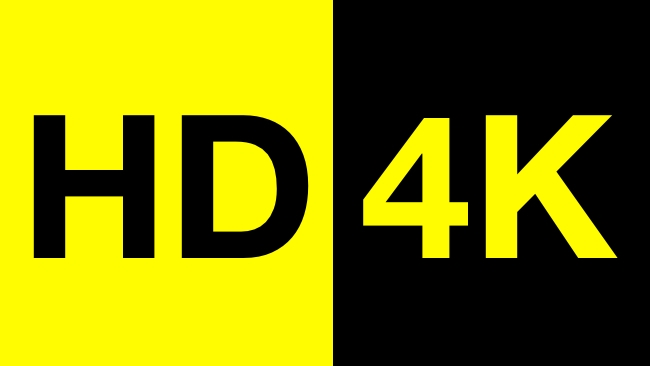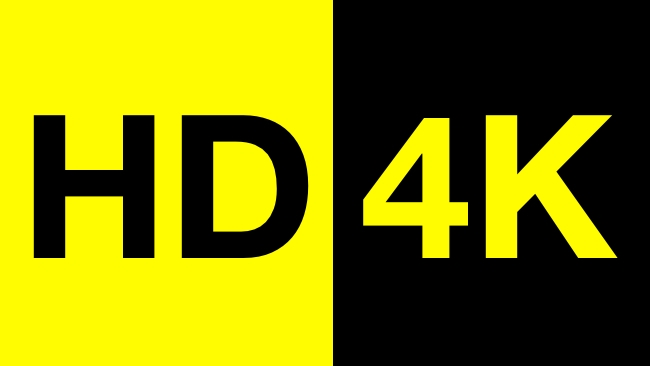
 HD vs 4K
HD vs 4K
At typical domestic viewing distances, and with a typical (ie 55") sized screen, new tests have shown that you really can tell the difference between 4K and HD
We've always said that 4K vs HD is pretty obvious, even at extended viewing distances. Even though the traditional statistics for viewing distances versus the pixel resolving power of our eyes might say otherwise.
We think that in the same way that higher audio sample rates mean better - discernibly better - audio, 4K an higher resolutions really matter. With audio, on the face of it, it's a mystery as to why reproducing audio frequencies higher than we can actually hear might matter, but the point is that stuff goes on in between those higher frequencies. They interact with each other, and they create sounds as a result of those interactions that we can hear back in the audible spectrum. There's probably something analogous to this going on with pixels.
We were pleased to see a report by Vincent Teoh in the excellent UK website hdtvtest.co.uk where in conjunction with the British HiFi and TV retailer Richer Sounds, a 55 inch 4K TV was compared with a "mere" HD 55 inch TV.
An audience of 49 attendees were asked to say which of the two televisions was the 4K one, at a distance of 9 feet. Only one picked the HD set by mistake.
There's more to a picture than resolution alone
Vincent makes the important point that there is more to the perceived quality of a picture than the resolution, with contrast and colour gamut being as, if not more important. In fact the display that gained the most attention was an LG OLED TV, with its ability to display absolute blacks.
Although not scientific, this was a well devised test. The organisers had even gone to the trouble of calibrating the TVs to match each other as closely as they could. They also used source material that matched the resolutions of the screens exactly, to avoid any possibility of softness introduced by scaling.
So, this is not conclusive, but it certainly points in the right direction. And we have to say again, that every time we've seen genuine 4K material in its native resolution, it has been breathtaking, and there has never been any question of it being impossible to tell apart form HD.
This also reinforces our feeling that the majority of people who criticise 4K as being unnecessary have never actually seen it.
Read: Is 4K perfect, or pointless, or both?
Tags: Technology


Comments